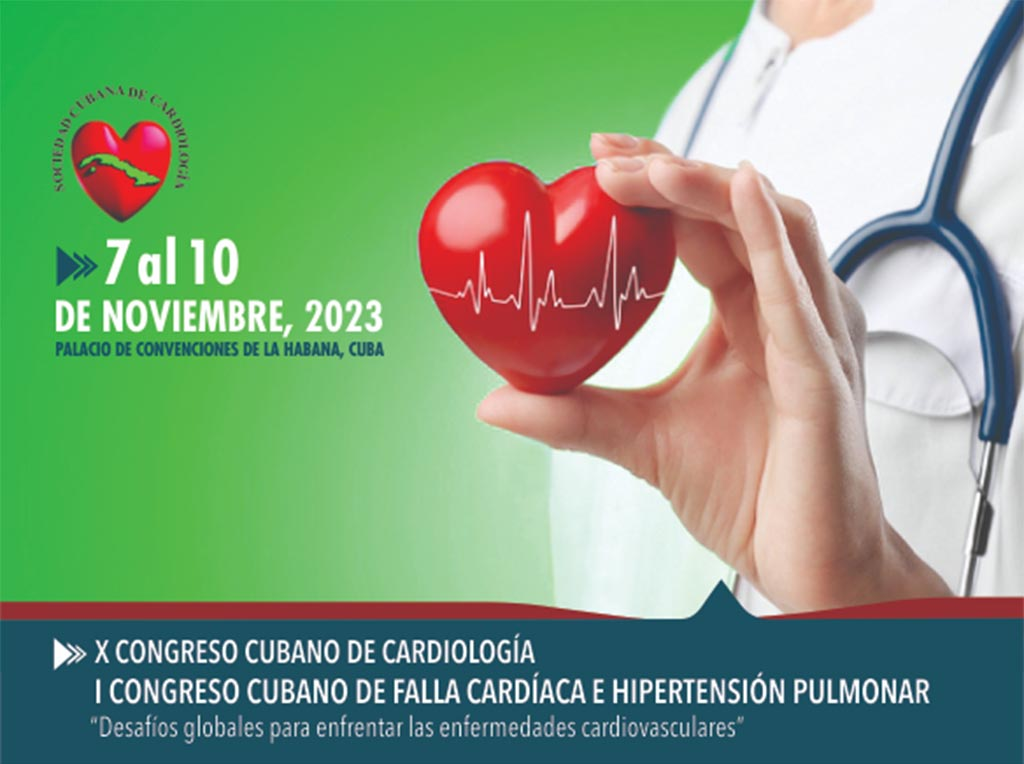
By María Josefina Arce
One of the leading causes of death in the world is cardiovascular disease. According to studies, their incidence and mortality are increasing rapidly, especially in low- and middle-income countries.
Cuba does not escape this international context. That is why the Tenth Cuban Congress of Cardiology, which is currently taking place in Havana, is an opportunity for national specialists to exchange information with colleagues from other latitudes and learn about the different experiences, ours marked by the limitations imposed by the U.S. blockade.
The Cuban health system, which is free and universal, pays special attention to people with these conditions. The country makes an enormous effort and devotes significant human, scientific and material resources.
Cuba has a prestigious institution, the Institute of Cardiology and Cardiovascular Surgery, which coordinates the entire cardiovascular program in the country.
There is also a National Cardiopediatric Network, which was born thanks to the initiative of the historic leader of the Cuban Revolution, Fidel Castro, to whom we also owe the creation of the "William Soler" children's cardio center in Havana.
But the hostile and inhumane U.S. policy has a negative impact on the well-being of patients and often jeopardizes their lives.
In those cases, specialists say, the alternative is to keep the patient hospitalized in order to try to keep him/her compensated and achieve a good organ functionality.
Cuban medicine does not have access to intracardiac valves and intravascular devices for coronary arteries, as well as to the high-tech equipment necessary for diagnosis and treatment.
And although Cuban technicians and specialists look for alternatives, many times the equipment needs the replacement of a certain part, which because of the blockade must be acquired in distant markets and at a higher cost.
Another obstacle is the country's access to medical literature and Internet sites created to facilitate the free exchange of information in the different medical specialties.
In spite of this adverse panorama, Cuba and its health personnel are constantly concerned about cardiovascular diseases and are committed to providing the best care to people with these conditions.

